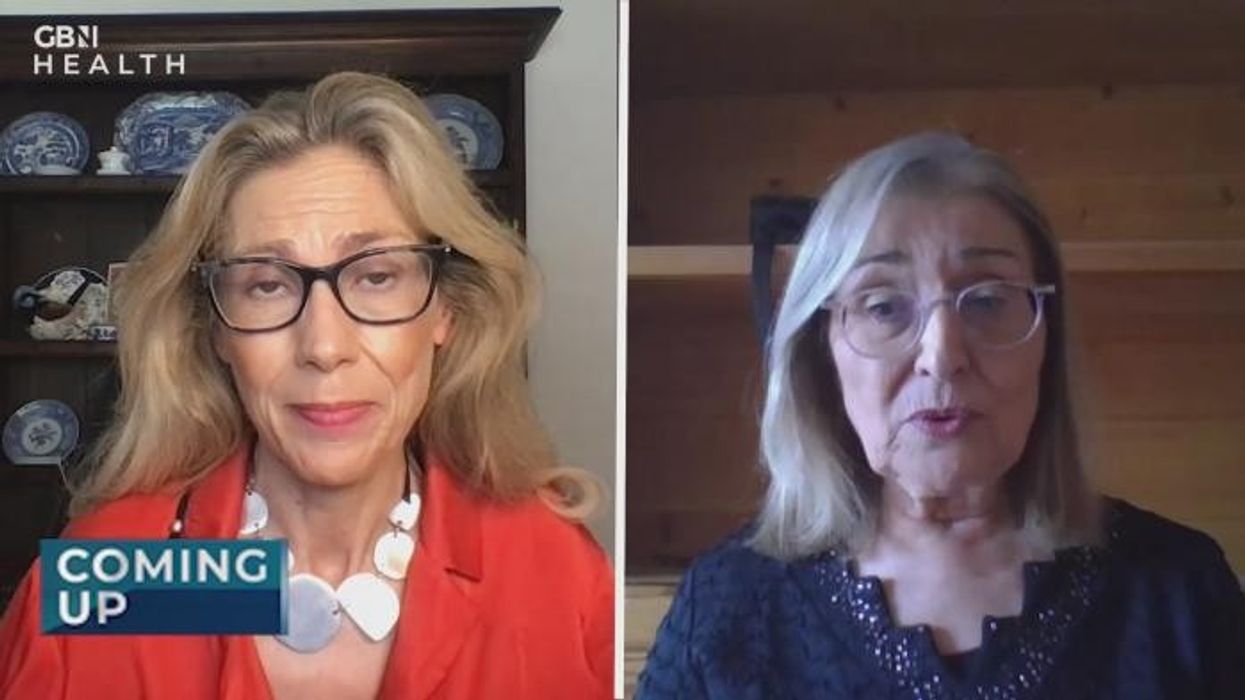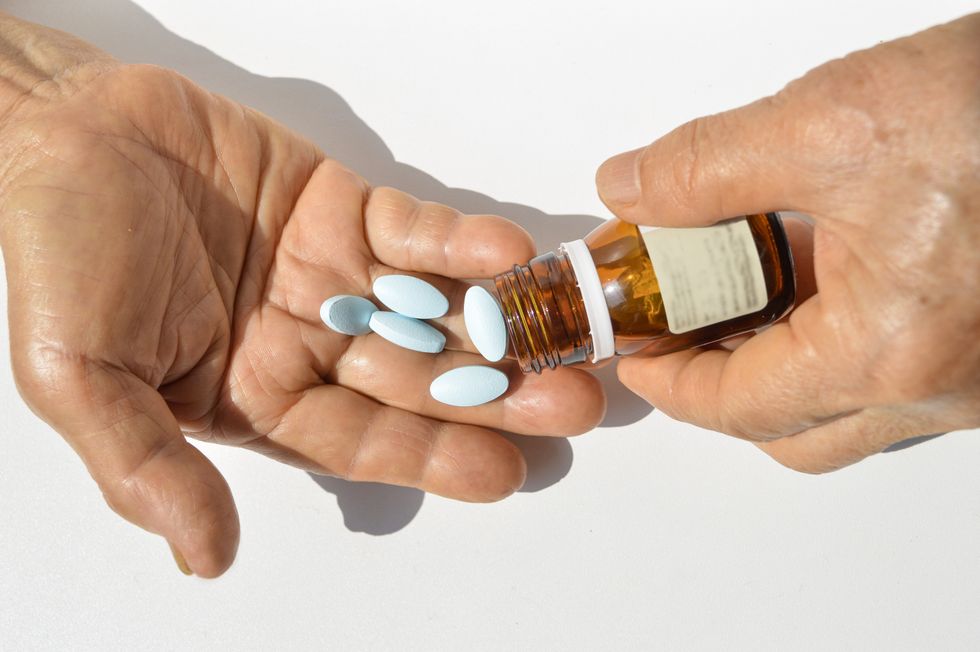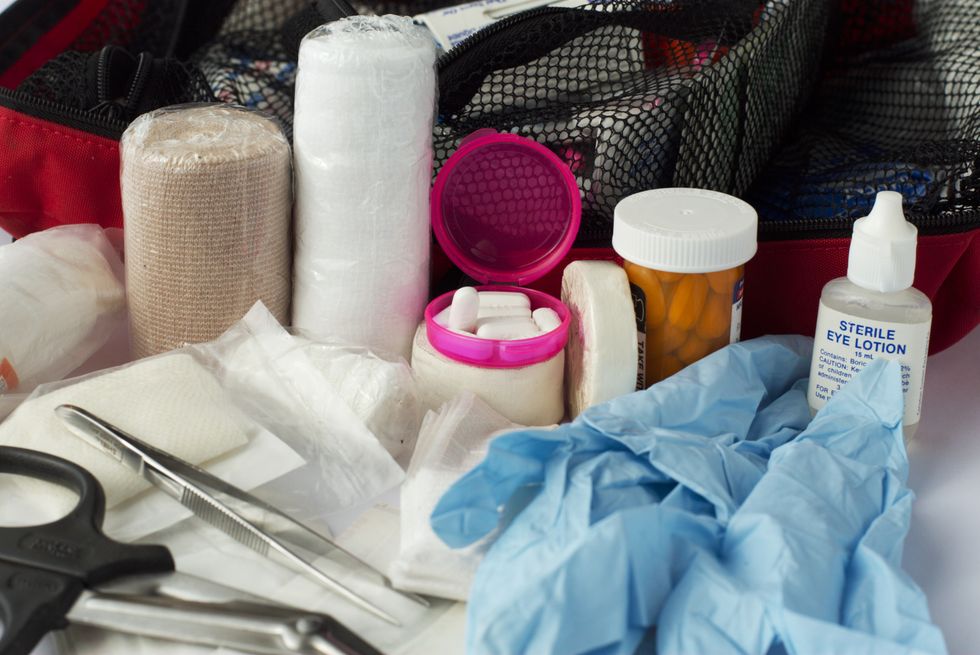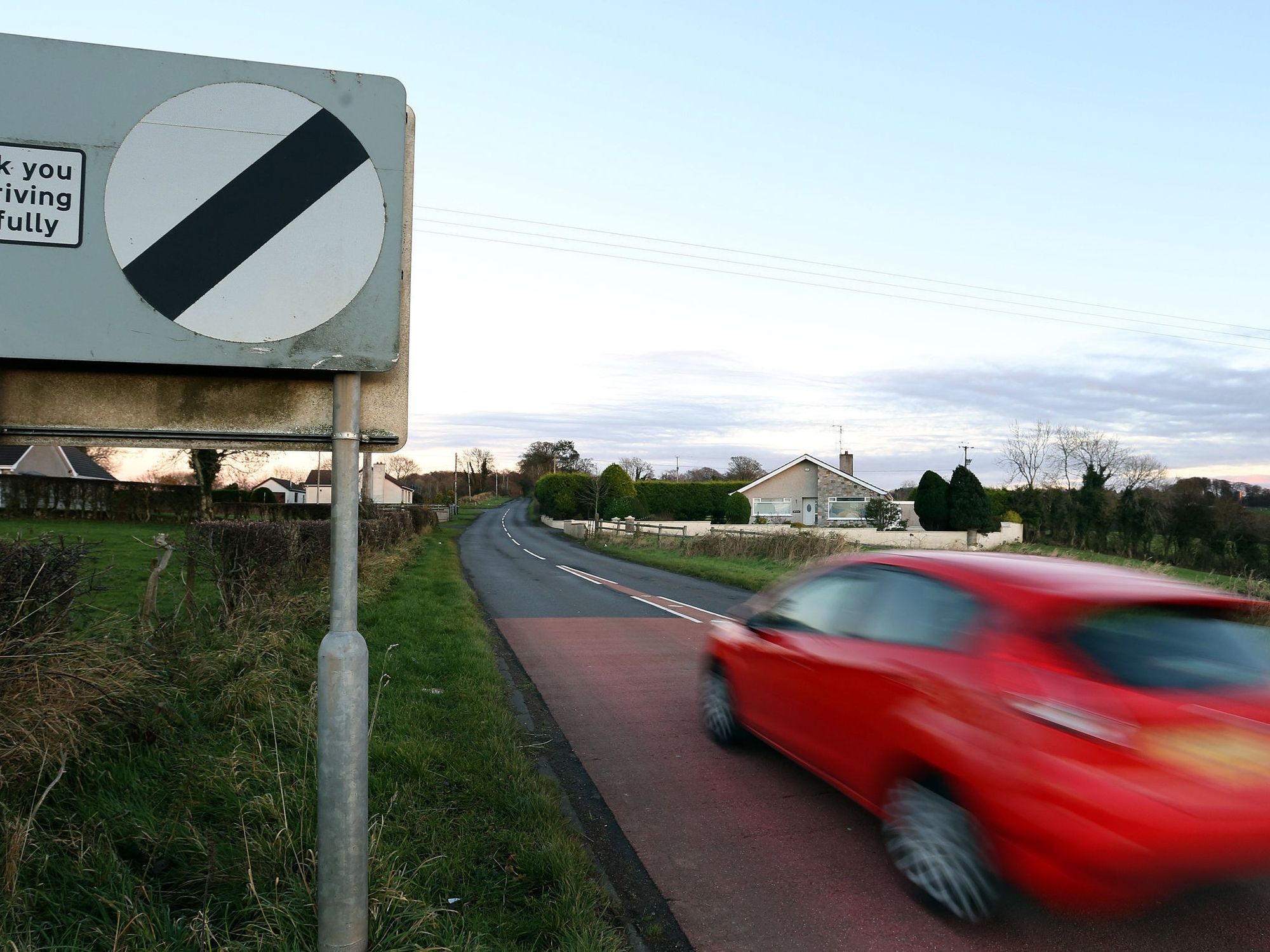'Hidden hazard' warning issued over first aid items in medicine cabinets - 'Should never be used'

WATCH NOW: Should Men Take Contraceptive Pills Too?
|GBN

Regular inspection of home medical supplies is crucial for maintaining effective emergency care capabilities
Don't Miss
Most Read
Many British households harbour a silent health hazard in their medicine cabinets in the form of outdated first aid supplies that could worsen injuries rather than heal them.
Medical items past their use-by dates pose serious infection risks, yet countless families remain unaware that their emergency supplies have deteriorated.
Sterile products, including adhesive bandages, gauze dressings and cleansing pads, gradually lose their protective qualities after expiration.
The degradation of packaging materials and adhesives means these items no longer provide adequate wound protection, potentially exposing injuries to harmful bacteria.

Sterile products gradually lose their protective qualities after expiration
|GETTY
Locating expiration dates on medical supplies requires examining product labels for a small timer icon accompanying the date information.
When no visible expiry marking exists, contacting the manufacturer for shelf life details becomes necessary, though personal assessment of item condition may suffice in some cases.
Multiple first aid components deteriorate with age. Adhesive strips experience weakening of their sticky properties while their protective wrapping breaks down. Gauze materials and wound coverings face similar sterility concerns as packaging degrades.
Cleansing pads dry out and lose antimicrobial properties. Protective gloves become brittle and prone to tearing, while rubber tourniquets lose elasticity and reliability during critical moments.
Using outdated medical supplies carries significant health consequences. Materials lose their protective properties when they expire, creating opportunities for contamination and infection.
Adhesive failures on bandages leave wounds vulnerable to exposure, while compromised packaging eliminates sterility guarantees.
"Expired first aid items should never be used, as they can lose their effectiveness, become less sterile, and increase the risk of infection due to degrading packaging or compromised materials," according to guidance from Business Waste.
Dried-out antiseptic products fail to eliminate germs effectively. Deteriorated gloves risk pathogen transmission between caregivers and patients.
These compromised materials transform essential safety equipment into potential health hazards.
NHS pharmacies accept returned expired medications, preventing environmental contamination and accidental ingestion risks.
Improper disposal through household bins or drains introduces pharmaceuticals into water systems, creating ecological and health dangers.
LATEST DEVELOPMENTS

Six to 12-month reminder schedules for kit inspections are recommended
|GETTY
Although no standardised return system exists for expired dressings and adhesive strips, certain manufacturers operate take-back programmes.
Otherwise, general waste disposal remains the primary option, though checking the recyclability of individual components proves worthwhile.
"Most people only think about their first aid kit when something goes wrong, but by then it is too late to realise these items have expired," warned Graham Matthews, clinical waste collection expert at BusinessWaste.co.uk.
Matthews recommended establishing six to 12-month reminder schedules for kit inspections, ensuring supplies remain effective while minimising waste accumulation.










